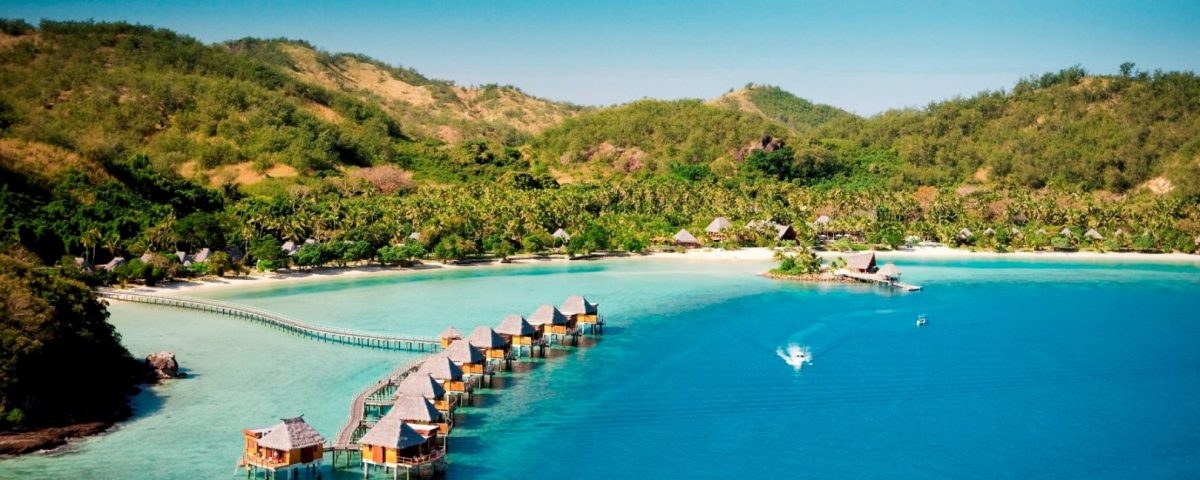Fiji is looking at a potential loss of F$1.4 billion (US$608 million) in tourism earnings as global travel grinds to a halt by the ongoing coronavirus pandemic.
This is according to a recent assessment by the ANZ Bank on the pandemic’s impact on major tourist destinations in the Pacific – Fiji, Cook Islands, Samoa and Tonga, four economies that rely heavily on tourism.
“Fiji now stands to lose nearly 602k visitors by air this year (-67% y/y). This translates into a FJD1.4bn (US$566m) loss in tourism receipts which will subtract 12ppt from nominal GDP. Vanuatu’s economy is expected to decline (-13.5%), as are Samoa (-18.7%), Cook Islands (-60.4%) and Tonga (-7.9%),” ANZ’s economists wrote in the bank’s Pacific Perspective report dated March 25, 2020.
Based upon a likely scenario that zero tourists will come to their shores at least for the next three months, these countries are in for huge shocks.
“Fiji’s tourism earnings totalled FJD2bn (17.2% of GDP) in 2019, Samoa received SAT528m (23%), Vanuatu VUV21bn (19.3%), Cook Islands NZD384m (73.3%) and Tonga TOP135m (10.4%).
We now predict nearly 602k visitors won’t be coming to Fiji this year. For Vanuatu, Cook Islands, Samoa and Tonga, we estimate visitor arrivals could decline -84.2k, -141.1k, -146.9k and -34.3k, respectively, in 2020. Our analysis revealed that Fiji stands to lose FJD1.4bn in tourism exports and FJD3.8bn in gross output. This will subtract 12ppt from nominal GDP. Vanuatu’s economy is expected to decline (-13.5%), as will Samoa (-18.7%), Cook Islands (-60.4%) and Tonga (-7.9%).”
Huge job losses are also expected, with Fiji potentially looking at a casualty swathe of 75,000 jobless or 75% of total workforce.
Vanuatu and Samoa may lose 21,000 and 7,000 jobs respectively.
The report further advised that the economic fallout of the pandemic can be minimised via “decisive, targeted, right-sized and timely fiscal and monetary stimuli.”
“Governments are likely to need a fiscal stimulus of at least 10% of GDP, although the Cook Islands will need something closer to 50%,” it said.
“With the stimulus spend, GDP and employment contraction can be limited to the -2% to -3% range, as opposed to double-digit declines without the additional support. Monetary stimulus, in the form of cheap central bank loans to businesses willing to undertake capex, could also be explored.”
As countries all over the world attempt to keep their economies afloat via mostly debt-funded relief packages, the four Pacific economies are advised to first tap locally for financing options before looking to multilateral donors.
“We believe governments have some headroom to borrow more from the domestic market. Superfunds could absorb some of the government security issuances, and shortfalls can be underwritten by the central bank,” the report’s authors wrote.
With thousands already out of work across the Pacific as a result of the pandemic, the bank has joined others is offering respite to affected customers.
Yesterday, it announced loan repayment deferral for up to six months for its Fiji customers after it received 1,100 requests for hardship assistance in one week alone.
“This is going to significantly help Fijian people and the broader economy to manage over the long term through the pandemic,” said ANZ Fiji Country Head Saud Minam.
“ANZ received more than 1100 requests for hardship assistance in the first week since the Fijian Government announcement. We’ve already contacted more than 270 of these applications and will increase our contact with customers this week.”
ANZ operates in 11 Pacific countries: Fiji, Samoa, Vanuatu, Tonga, Cook Islands, Kiribati, Solomon Islands, Timor Leste, Papua New Guinea, Guam and American Samoa.
